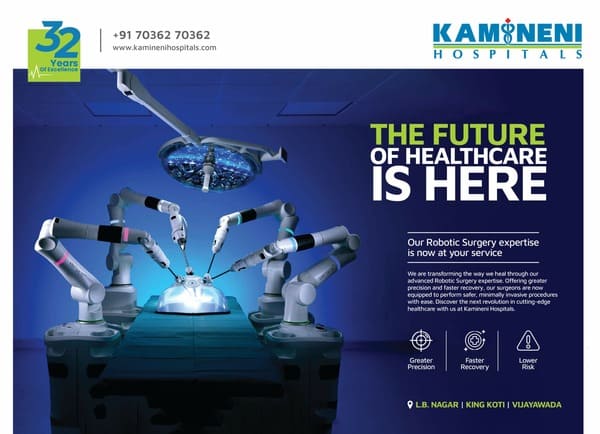Future at Risk: AI Could Spark Largest Job Crisis in History
The report warns that AI could affect up to 1.4 billion jobs worldwide, accounting for nearly 40% of the global workforce. The impact is likely to be most severe in developing countries that rely heavily on low-cost human labor.

New Delhi: The rapid expansion of Artificial Intelligence (AI) is expected to significantly impact the global economy in the coming decade. According to a recent report released by the United Nations Conference on Trade and Development (UNCTAD), the global AI market is projected to reach a value of $4.8 trillion by 2033 — equivalent to the size of the current German economy.
Table of Contents
1.4 Billion Jobs at Risk Worldwide
The report warns that AI could affect up to 1.4 billion jobs worldwide, accounting for nearly 40% of the global workforce. The impact is likely to be most severe in developing countries that rely heavily on low-cost human labor.
Also Read: WhatsApp Groups Under Watch: Telangana Police Begin Monitoring Admins and Posts
Unequal AI Development Raises Alarm
UNCTAD highlights that the growth of AI technology is unlikely to be evenly distributed across nations. Instead, it may become concentrated in the hands of a few developed countries and major corporations. This, the report notes, could widen global economic inequalities. The United States and China are leading the AI race, posing potential challenges for less technologically advanced nations.
Corporate Domination in AI R&D
Another concerning trend is the dominance of a limited number of corporations in AI research and development. Nearly 40% of global AI R&D spending is controlled by just 100 companies. Tech giants like Apple, Microsoft, and Nvidia now possess market capitalizations that rival the GDP of entire continents, including Africa.
Automation Favors Capital, Not Labor
The report emphasizes that AI-driven automation tends to benefit capital over labor. While this may enhance productivity for developed economies, it risks undermining the competitiveness of labor-reliant developing nations. This could, in turn, accelerate income inequality on a global scale.
Urgent Call for Global Policy Action
In conclusion, the UN has called for urgent and coordinated international policy measures to manage the sweeping changes AI is expected to bring. Without proactive planning, the gap between technology-rich and technology-poor nations could grow even wider, with profound socio-economic consequences.

